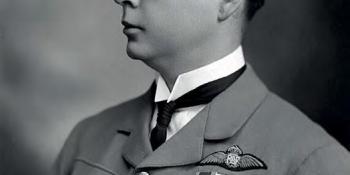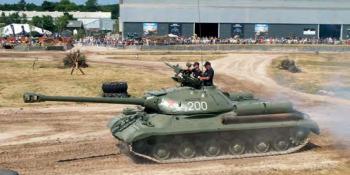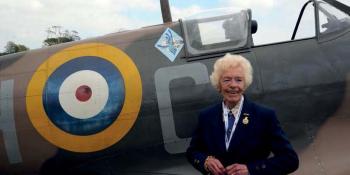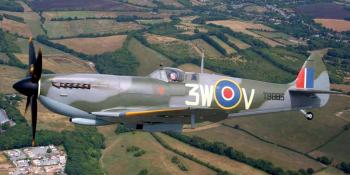BOOK OF THE MONTH
The Struggle to Exploit Air Superiority, 1943-1944
By 1943, Germany was crippled in Europe. For the Allied powers and the RAF, all that remained was to decide how victory could be attained quickly. Once again, the air superiority debate reared its ugly head: on one hand, the ‘bomber barons’ believed strategic bombing could win the war outright and independently, while the other camp maintained that an RAF prioritising battlefield tactical air support was the key to a swift victory.
For Britain, the opportunity to fully realise a sound aerial strategy post-1943 was, in the eyes of author Greg Baughen, squandered. In his controversial new book, The RAF’S Road to D-Day, Baughen follows the RAF’s campaigns in Italy, France and Germany between 1943 and 1944, detailing how interservice divisions, clashing views on doctrine and an ineffective grasp on how to implement the lessons learned wasted any potential the RAF may have had.
Drawing on primary sources, interviews, after-action reports and official studies, the author makes a number of bold claims. For Baughen, the failure to draw on the RAF’s experiences in North Africa saw tactical battlefield air support being neglected, leading t…




